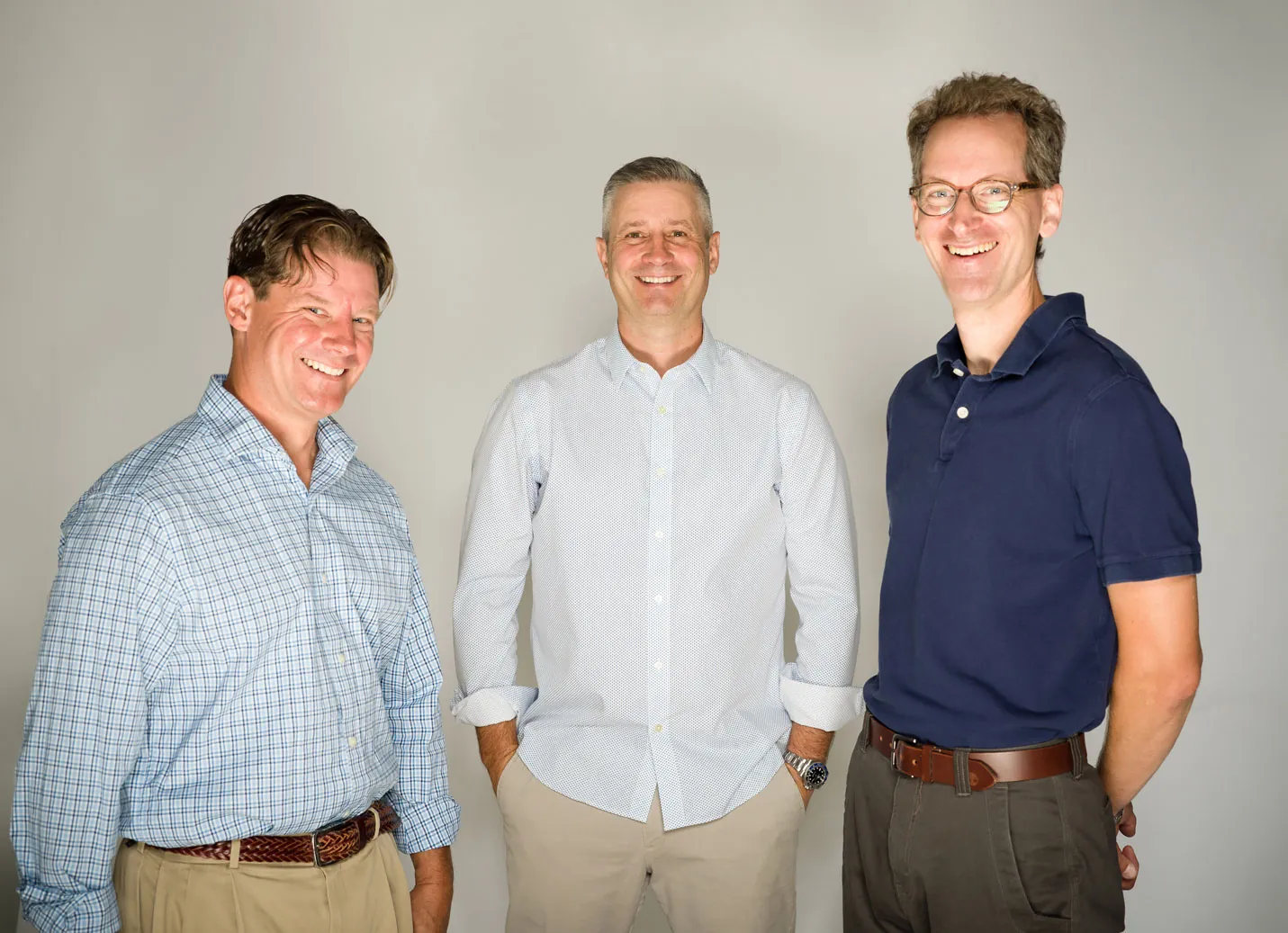Melissa Chan’s career took off when she fell short of first place in the 2020 Berkshire Sustainability Challenge.
She’d entered the competition with a great idea: A simple meter tweak that would give householders market leverage to command cheaper electricity, just like Google and Starbucks. Melissa named her company Camberline Technologies and was confident that her innovation would essentially sell itself. “I have to say I was disappointed not to win,” says Melissa, “because I worked really hard.”
In the end, what she learned through the BSC process was way more valuable than first prize. A self-described “recovering academic,” Melissa held a Carnegie Mellon Ph.D. in engineering and public policy, had been tapped by Harvard as a research fellow, and had worked as a U.S. Department of Energy analyst. In short, she knew her stuff. What she didn’t know was how to talk about engineering breakthroughs in ways that made sense to investors.
That’s where Jeffrey Thomas, the founder of Lever, Inc. and BSC’s creator, came in. “Jeffrey pushed me to talk to a wide range of people who weren’t engineers,” says Melissa. “By the time I brought my pitch to the BSC judges, I’d had 80 customer conversations”—a major challenge during the pandemic. All those conversations paid off. Melissa learned how to get potential investors and customers to understand the potential of a complex technology.
Jeffrey and his team, along with some former BSC contenders they introduced her to, taught Melissa everything about a good pitch. “So as accelerators go, BSC is really hard…in a really good way.”
After her BSC experience, Melissa moved on from Camberline and in figuring out her next steps took a closer look at her most exciting consulting projects; these projects had allowed her to bootstrap Camberline. What most intrigued her was the idea that EVs could be used as power sources, and she sought out companies that were working on this technology
Melissa then began a job hunt for companies that had successfully passed the start-up hurdles that confounded Camberline. She found Fermata Energy, a leader in equipping electric vehicles to provide power as well as consume it. Fermata Energy was transforming entire fleets of EVs into cost-saving energy producers. The vehicles would charge up during lower-cost, off-peak hours, transport workers from central hubs to various work sites, and then sell leftover battery energy back to the grid at more expensive, peak rates (with enough left over to transport workers back to the depot at the end of the workday).
Melissa is now Fermata Energy’s Senior Director of Grid Solutions. “It’s still a new market, “says Melissa, “which means I have the flexibility to try out new things, which is leading the creation of new market opportunities for EVs.”
In short, Melissa’s extending the leading edge of energy technology—a great place for any Berkshire Sustainability Challenge contender to be.
Are you working to find community and opportunity as a Massachusetts startup founder? Join MFN and get access to experts, networking opportunities, and connections within the statewide entrepreneur ecosystem.



